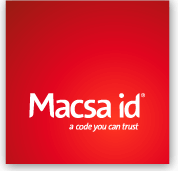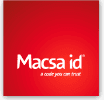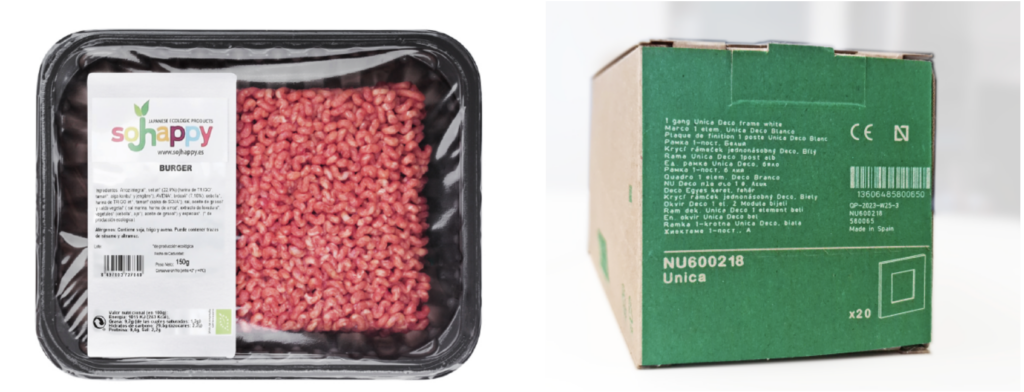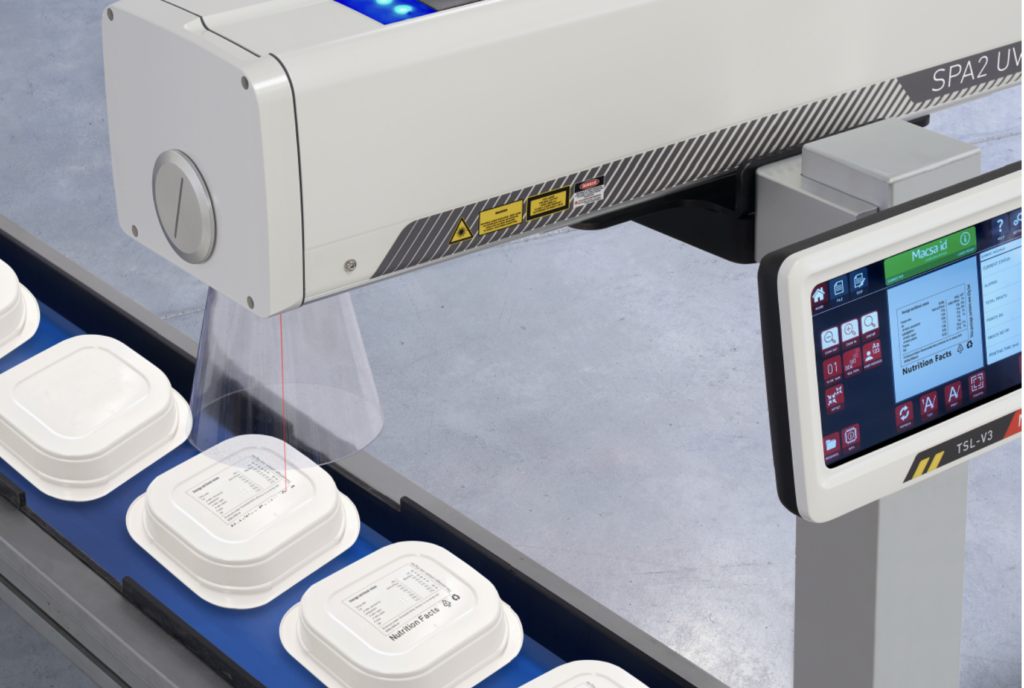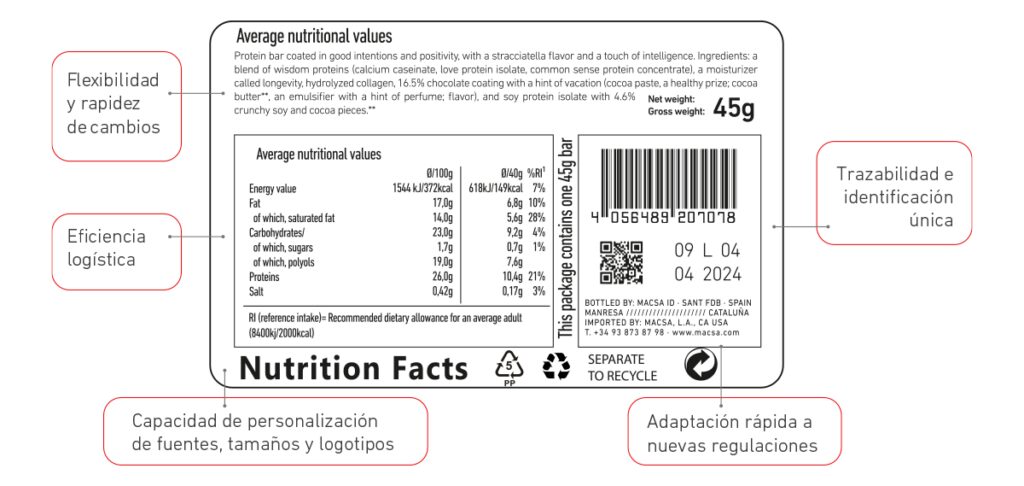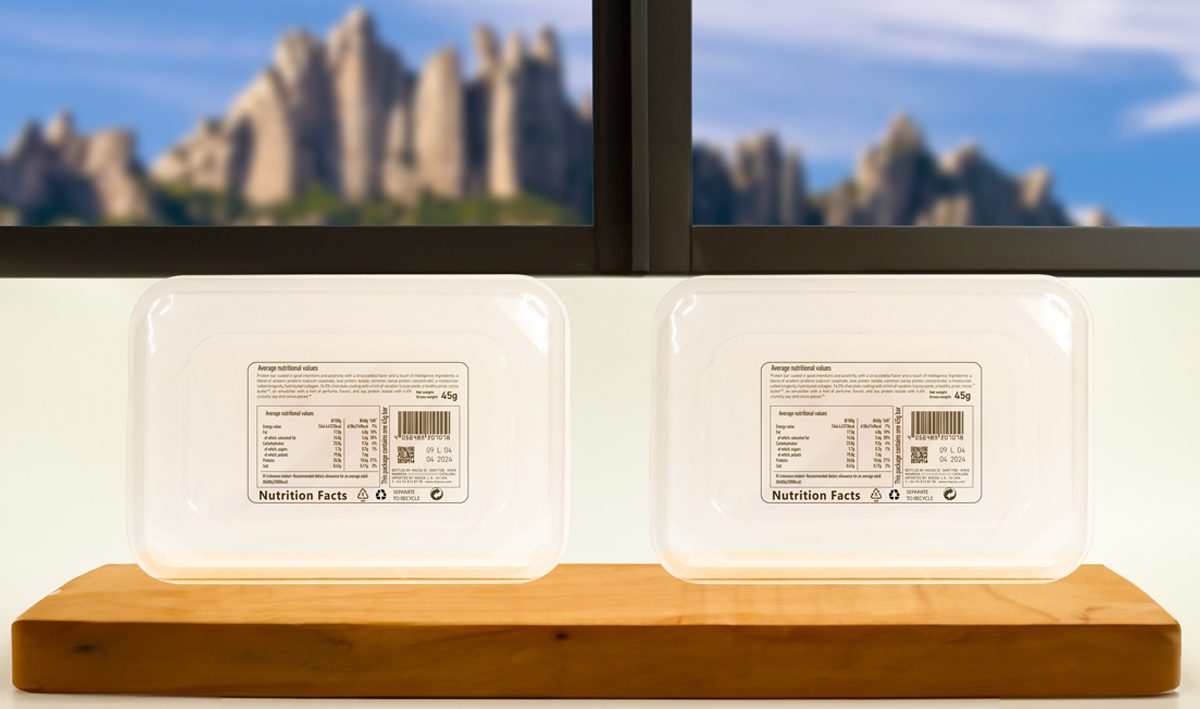
Direct laser marking on cardboard and plastic containers
19/03/2024
MACSA APPLICATION
The sector dedicated to packaging and label replacements has undergone profound transformations over the years, driven by advancements in technology, shifting market dynamics, and heightened environmental considerations. This process has led to the adoption of new practices and materials that seek to improve efficiency, sustainability and consumer experience.
Traditionally, products have been packaged in straightforward materials such as glass, plastic, or paper, with pertinent information conveyed through printed labels either attached directly or marked on the packaging itself. However, as the demand for comprehensive product information, aesthetically pleasing designs, and eco-friendly alternatives has surged, the packaging industry has responded by using new methods and materials.
Laser technology, the new label on packaging
A pivotal change in packaging is the adoption of direct printing, eliminating the need for separate labels. Laser technology, in particular, has emerged as the premier choice, providing high-quality markings that directly benefit businesses.
By enabling real-time adjustments, laser technology streamlines quick adaptation to new regulations, market demands, or personalized product information. This flexibility not only enhances logistical efficiency but also empowers companies to promptly respond to the dynamic requirements of the contemporary business landscape.
In today’s examples, Macsa id has showcased its prowess in various coding technologies, reaffirming its commitment to excellence in marking:
CO2 marking on natural fiber packaging
The CO2 technology’s interaction with cardboard fibers relies on the selective absorption of laser energy, leading to controlled vaporization of surface layers. This process guarantees optimum contrast by revealing a darker colour in the marked areas, ensuring the permanence of the marking without damaging the packaging.
UV and Fiber technology marking on plastic trays
Both technologies perform exceptionally well in marking on plastic:
On the one hand, ultraviolet radiation induces a photochemical reaction, resulting in intricate and enduring markings. The UV laser’s uniqueness lies in its ability to create labels with exceptional contrast, which is difficult to achieve with other technologies.
When applied to transparent plastic, the fiber laser produces focused interactions that generate optimal contrast, delivering legible and durable markings without altering the plastic’s original colour.
Macsa’s applications encompass comprehensive labels, featuring text, barcodes, logos, and QR codes, providing an overall solution for product identification without altering the aesthetic.
In conclusion, the adoption of laser technology for direct product marking brings significant advantages, including improved logistics efficiency, enhanced traceability, cost reduction, and minimized waste. This innovation aligns with industry demands for more sustainable and efficient solutions in supply chain management.s of the transparent plastic.
TECHNICAL DATA
- Market: Food
- Product: Food container
- Application type: Coding
Do you want to know more about the advantages of laser marking on cardboard and plastic?
